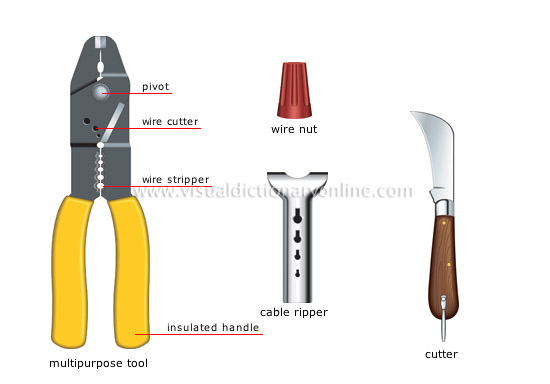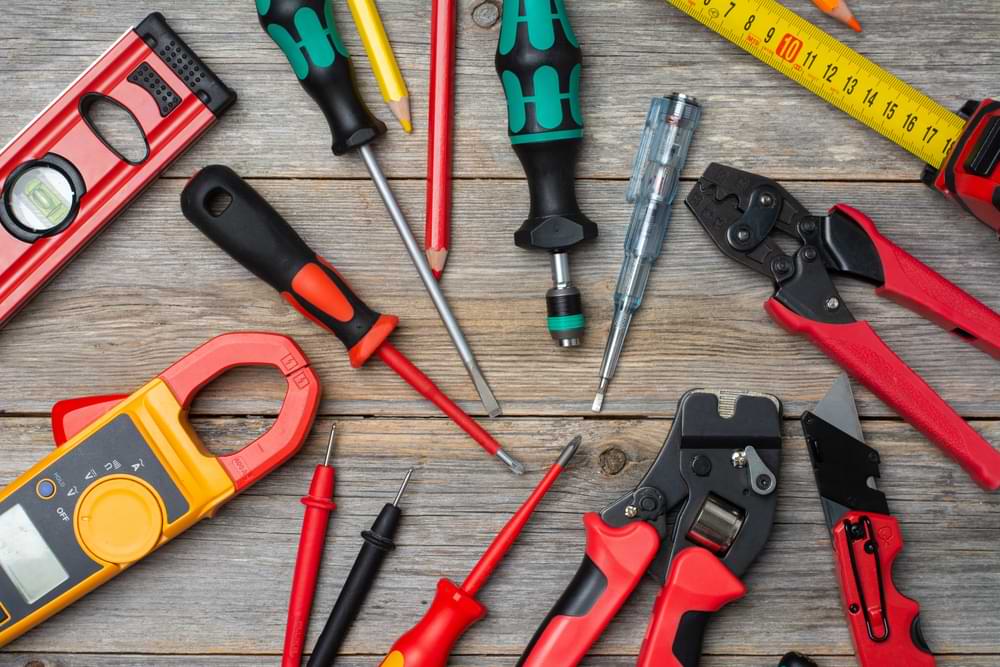Checking Out the Numerous Kinds of Armoured Cord and Their Applications
Armoured wires are necessary elements across different industries, offering protection and dependability. Various types, consisting of Steel Wire Armoured (SWA) and Aluminium armoured cable televisions, accommodate particular demands based on atmosphere and application. Insulation products like PVC and XLPE better improve their efficiency. Understanding these distinctions is essential for selecting the right cord. The ramifications of these selections can substantially influence functional efficiency and safety in diverse industries. What variables should one consider when making such decisions?
Introduction of Armoured Wire Kind

As an example, the PVC armoured cable television is commonly utilized in outdoor atmospheres due to its resistance to dampness and chemicals. The XLPE armoured wire, with cross-linked polyethylene insulation, is identified for its high thermal security and electrical performance, making it ideal for industrial settings. An additional type is the AWA (Aluminum Wire Armoured) wire, frequently used in underground setups where light-weight residential or commercial properties are beneficial. Recognizing the numerous armoured cord types enables specialists to select one of the most suitable option for their certain requirements, ensuring safety and security and integrity in electric systems.
Steel Cord Armoured (SWA) Cable Television
Steel Wire Armoured (SWA) cord is a robust solution made to endure severe environmental conditions and mechanical anxiety. This kind of cord includes a layer of steel wire that offers substantial protection against effect, moisture, and chemical exposure, making it perfect for outdoor and industrial applications - steel wire armoured cable. The building commonly contains a copper or aluminium conductor, shielded with PVC or XLPE, and surrounded by a steel cable armour layer
SWA wires are extensively made use of in power circulation networks, where their resilience guarantees trustworthy service in difficult settings. They are often used in below ground setups, construction sites, and locations where cords could be based on physical damage. In addition, SWA cables support both low and high voltage applications, boosting their adaptability. Their capacity to resist corrosion and mechanical wear makes them a preferred option for lots of engineers and professionals when selecting cable options for demanding environments.
Aluminium Armoured Cable
Aluminium armoured wire offers a lightweight yet durable option to typical steel cord armoured wires, making it suitable for numerous applications. This type of cable is generally made use of in industrial and industrial setups, where flexibility and convenience of installation are paramount. Its reduced weight facilitates handling, minimizing the labor prices associated with installment.
Aluminium armoured wires are especially useful in settings that need defense against mechanical damage, dampness, and chemical direct exposure. They are often employed in power circulation, underground setups, and outside applications, showcasing their adaptability. In addition, the rust resistance of aluminium improves the longevity of the wire in severe conditions.
The usage of aluminium likewise adds to cost-effectiveness, as it is usually cheaper than steel. armoured cable. In general, aluminium armoured cord stands for a sensible selection have a peek at this website for demanding electric systems, combining effectiveness, defense, and financial benefits
PVC vs. XLPE Insulated Armoured Cables
When contrasting protected armoured cable televisions, PVC (Polyvinyl Chloride) and XLPE (Cross-Linked Polyethylene) stick out as two favored materials, each offering distinct advantages for specific applications. PVC is recognized for its superb mechanical residential or commercial properties and cost-effectiveness, making it a preferred selection for general-purpose circuitry. It provides great insulation and resistance to chemicals, though it may have limitations in temperature level resistance and versatility. In contrast, XLPE boasts premium thermal resistance and appropriates for higher temperature settings, making it optimal for applications needing high performance and longevity. XLPE insulation likewise improves electric residential properties, offering lower dielectric loss and enhanced energy effectiveness. While PVC cable televisions are frequently made use of in residential and business setups, XLPE cables are preferred in commercial and utility setups where toughness and reliability are extremely important. Eventually, the choice in between PVC and XLPE relies on the particular demands of the installment setting and her latest blog the wanted performance characteristics.
Applications of Armoured Cables in Different Industries
Armoured wires, with their durable building and construction and protective features, locate extensive usage across different markets. In the building industry, they supply reliable electric connections in harsh environments, making sure safety and security and resilience. The telecom sector uses armoured cords to secure data transmission lines from physical damages, particularly in exterior installments. In mining and quarrying, these cables are necessary for powering hefty equipment and devices, where exposure to rough problems is usual. Additionally, the oil and gas market utilizes armoured wires to preserve functional stability in tough settings, consisting of overseas platforms. The sustainable energy sector likewise benefits, as these cable televisions are considerable for wind and solar farms, attaching different elements while enduring environmental stress factors. Generally, armoured cables are important for making sure nonstop service, securing infrastructure, and improving operational performance throughout diverse applications.

Often Asked Questions
How Do I Pick the Right Armoured Wire for My Project?
Selecting the appropriate armoured cable television involves examining task requirements, consisting of ecological conditions, electrical lots requirements, and installation location. Consulting market requirements and seeking professional advice can he said additionally assure proper choice for safety and efficiency.
Can Armoured Cables Be Used Outdoors and Underground?
Armoured cable televisions can certainly be used outdoors and underground. Their durable building and construction secures against environmental variables, moisture, and physical damages, making them appropriate for different setups, including those subjected to harsh climate condition or underground atmospheres.
What Is the Life-span of Armoured Cables?
Armoured wires normally have a life-span of 25 to three decades, relying on ecological conditions and setup practices. Correct maintenance and defense from extreme problems can even more improve their sturdiness and longevity.

Are Armoured Cables Resistant to Chemical Direct Exposure?
Armoured wires show differing levels of resistance to chemical exposure, relying on their insulation materials. Normally, certain types hold up against chemicals far better than others, making it important to choose suitable cables for details environments and applications.
Just How Do Armoured Cords Manage Temperature Level Fluctuations?
Armoured cable televisions are developed to stand up to temperature changes properly. Their robust building enables them to preserve performance and insulation honesty throughout differing temperatures, making them ideal for diverse environments and reducing the threat of damage.
Various types, including Steel Wire Armoured (SWA) and Aluminium armoured cables, provide to certain demands based on environment and application. Armoured cable televisions are vital elements in different electrical installations, giving improved security versus mechanical damage and ecological aspects. Aluminium armoured cord offers a lightweight yet long lasting option to typical steel cord armoured wires, making it appropriate for different applications. When comparing insulated armoured cords, PVC (Polyvinyl Chloride) and XLPE (Cross-Linked Polyethylene) stand out as two commonly pre-owned materials, each offering distinct advantages for specific applications. While PVC cables are typically used in industrial and residential installments, XLPE cable televisions are favored in commercial and utility settings where effectiveness and reliability are extremely important.